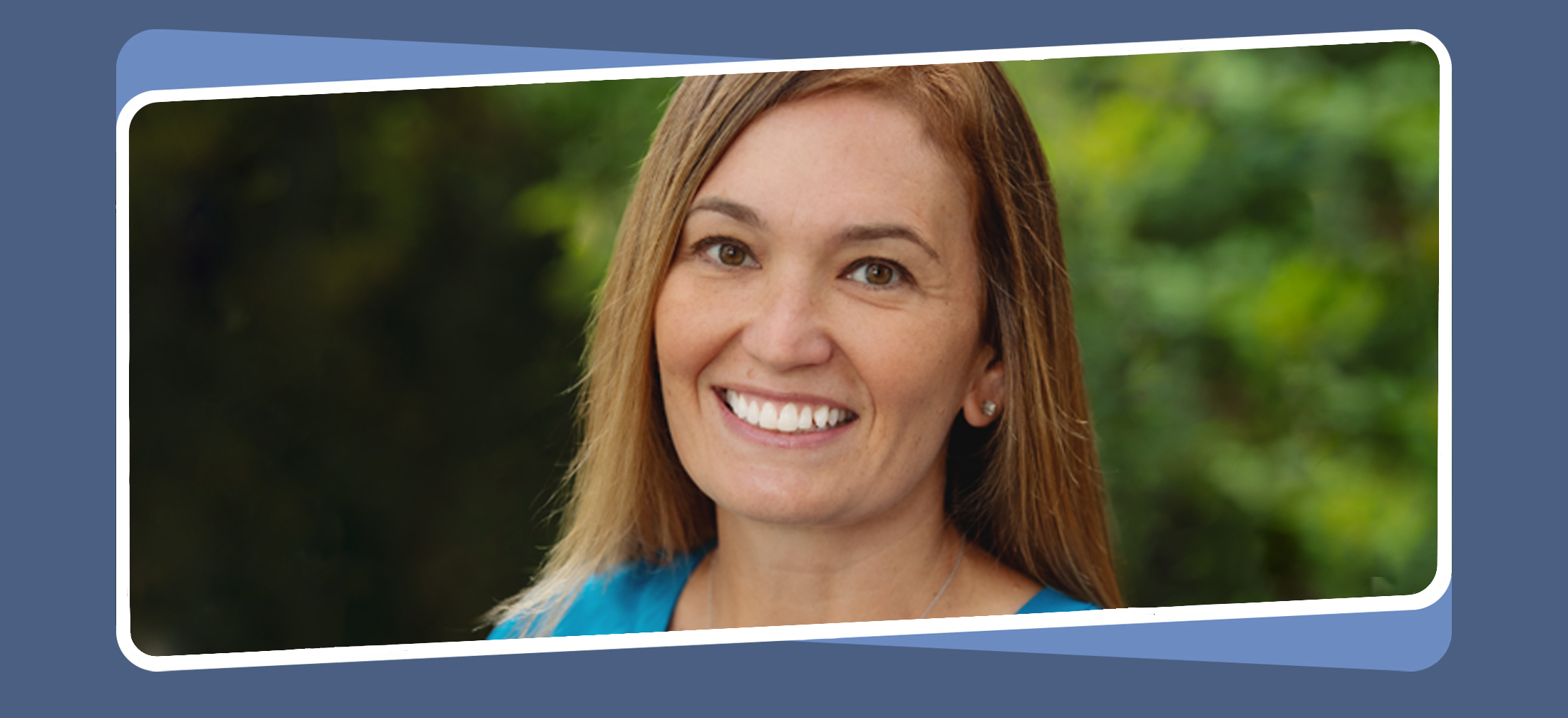In June of 2022, I attended graduation ceremonies for an alternative school in my community. I watched about 50 students, many of whom probably would not have completed high school without the opportunities provided by the school, walk across the stage as graduates.
The valedictorian for the class of 2022 described how she never thought she would attend an alternative school, but when some serious health conditions limited her ability to attend her traditional neighborhood high school, she found a home in the alternative school. She talked about how the school combined high expectations with flexibility, individualization, and support. She also reflected on how she did not have to pretend that she was okay, that she didn’t have bad days, or that she didn’t need help. She closed her speech by saying that for the first time in years, she felt good about herself and her future.
Over the course of my career as an alternative educator, I have heard hundreds of similar stories. I have watched young people transcend their circumstances and walk across the graduation stage prepared to do amazing things. I am old enough now to have seen many of these students graduate from college, start businesses, found non-profits, and use the resilience they developed in the face of adversity to become leaders in their communities.
But that valedictorian holds a special place in my heart because she is my daughter.
I never thought that she would attend an alternative school—especially one where I used to work. Without it, I don’t know what would have happened, but I am forever grateful for the amazing educators who believed in her.
I believe in our alternative schools. But in many communities, alternative schools are viewed as less than. As bad schools for bad kids.
We are going to change that narrative.
This is the first in a series of blogs where we are going to bring you stories, voices, and perspectives from alternative educators, leaders, and students. We will share resources, exemplars, and best practices. By the end of the series, we hope to excite you about what alternative schools are doing and about their potential to transform lives and revitalize education systems.
We are going to start by answering a deceptively simple question: Why do alternative schools matter?
- Because they save lives.
- Because every kid deserves a chance to learn.
- Because we need a spectrum of educational experiences designed to meet the needs of a spectrum of learners.
- Because students, families, and communities benefit when everyone has a chance to graduate with dignity and options.
- Because if we are serious about improving achievement and graduation rates, we need to continue exploring different—that is, alternative—ways to meet the needs of each student.
- Because alternative schools have some of our most resilient youth and most creative educators.
- Because when done right, alternative schools are crucibles of innovation that can feed the field with creative and effective ways to improve outcomes for all our students.
Please follow our upcoming series to hear stories and experiences from the field. If you have your own story to share, or need help in developing alternative programs to write a new story for students in your community, reach out to Matt Eide.




